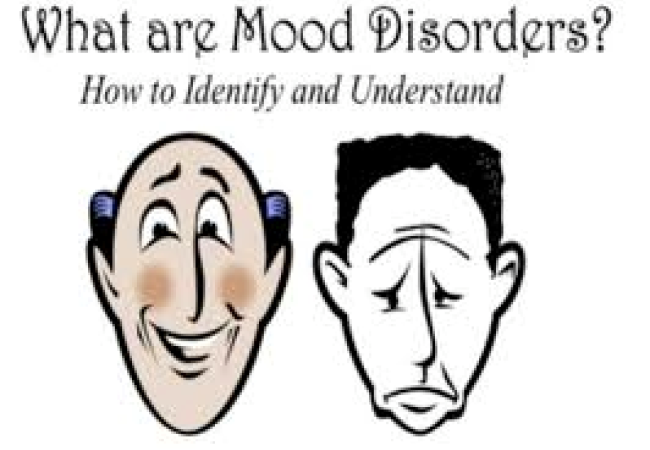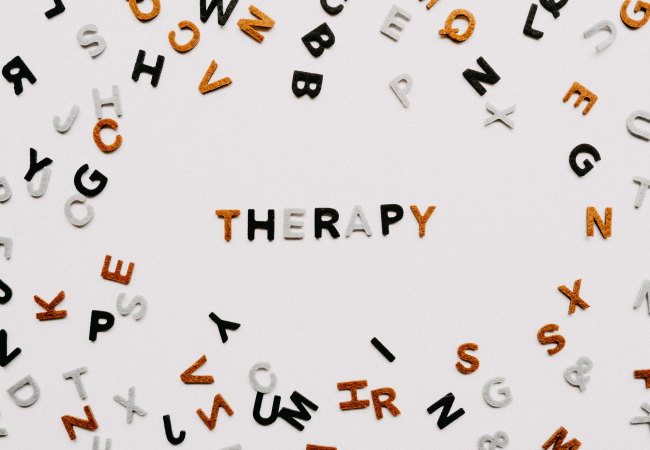
We felt that there was a lot of information covered in the General Psychiatric but since “Psychiatric covers such a broad range of disorders we wanted to break those all down for you beyond the most common talked about so you can see just how many diagnoses fall under the Psychiatric Disorders umbrella.
Mood Disorders
A mental disorder or illness is a disease of the brain that causes mild to severe disturbances in thought and/or behavior, resulting in an inability to cope with life’s ordinary demands and routines. These are conditions that affect your thinking, feeling, mood, and behavior. They may be occasional or long-lasting (chronic). If someone has a mood disorder, their general emotional state or mood is distorted or inconsistent with their circumstances and interferes with their ability to function.
They may be extremely sad, empty, or irritable (depressed), or you may have periods of depression alternating with being excessively happy (mania).
A mental disorder or illness is a disease of the brain that causes mild to severe disturbances in thought and/or behavior, resulting in an inability to cope with life’s ordinary demands and routines.
These are conditions that affect your thinking, feeling, mood, and behavior. They may be occasional or long-lasting (chronic). If someone has a mood disorder, their general emotional state or mood is distorted or inconsistent with their circumstances and interferes with their ability to function. They may be extremely sad, empty, or irritable (depressed), or you may have periods of depression alternating with being excessively happy (mania).
Over the next few days, we are going to break down some examples of different mood disorders and talk about what each one of those may look like in greater detail.
Did you know?

There are more than 200 classified forms of mental illness. Some of the main groups of mental disorders are:
• mood disorders (such as depression or bipolar disorder)
• anxiety disorders
• personality disorders
• psychotic disorders (such as schizophrenia)
• eating disorders
• trauma-related disorders (such as post-traumatic stress disorder)
• substance abuse disorders
Mood disorders can lead to difficulty in keeping up with the daily tasks and demands of life. Some people, especially children, may have physical symptoms of depression, like unexplained headaches or stomachaches. Because there are various types of mood disorders, they can have quite different effects on quality of life.
In general, symptoms may include:
• Loss of interest in activities one once enjoyed
• Eating more or less than usual
• Difficulty sleeping or sleeping more than usual
• Fatigue
• Crying
• Anxiety
• Feeling “flat,” having no energy to care
• Feeling isolated, sad, hopeless, and worthless
• Difficulty concentrating
• Problems making decisions
• Feelings of guilt
• Irritability
• Thoughts of dying and/or suicide
In closing: Now that we have a better understanding that there are many diagnoses under the Psychiatric umbrella and what exactly that means in terms of a mental disorder or mental illness.
There are so many different parts to each diagnosis that would be next to impossible to know and educate on every single one of them, but with that said we hope that you will continue to engage, ask questions, and give personal advice to help one another to share the information with others because you never know who may need to see one of these educational posts or that one day you may need to better have that understanding of a diagnosis, or even that it existed!
This is our WHY we are putting these educational blogs together to help educate and advocate for those that cannot for themselves! Let us be that message in the wind for the next person.


Leave a Reply